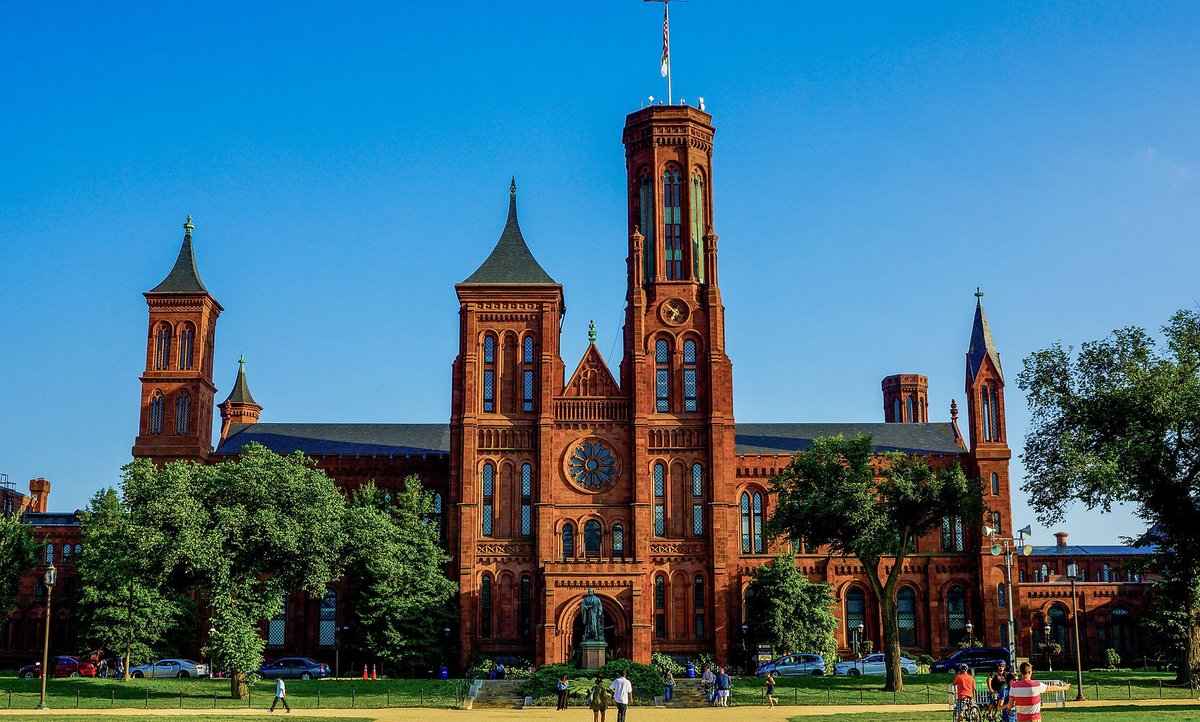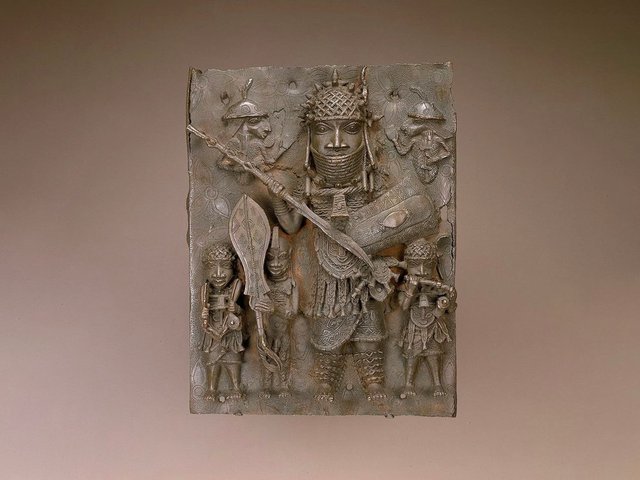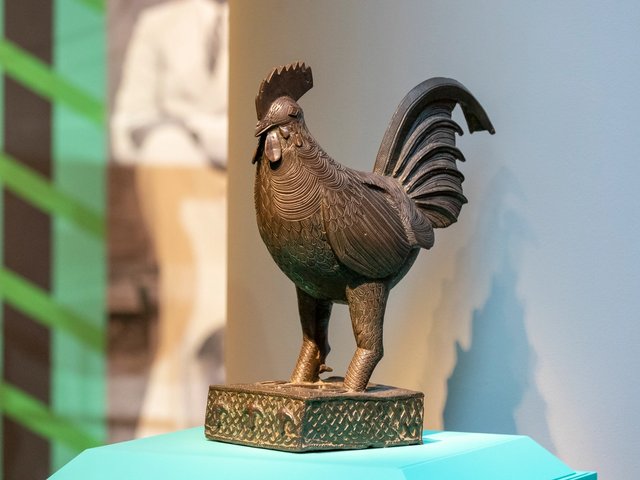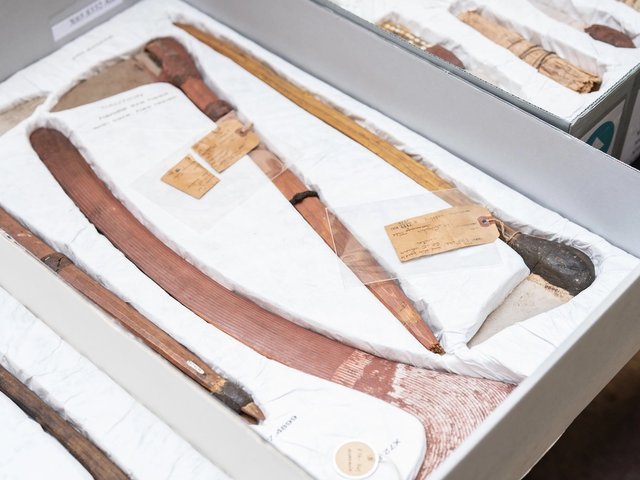The Smithsonian Institution is adopting a new “ethical returns policy” that will allow its museums to repatriate items that were acquired in a manner that could be considered unethical by modern standards.
Because the Smithsonian’s 21 institutions and sites vary so widely—from contemporary art spaces like the Hirshhorn Museum to historical and educational museums like the National Museum of African American History and Culture or the National Air and Space Museum—the new policy will allow each of the institutions to establish their own criteria for handling unethical acquisitions, as well as a set of unique procedures for deaccessioning items and collections. The Smithsonian’s board will however weigh in “when objects are of significant monetary value, research or historical value, or when the deaccession might create significant public interest”, according to a statement.
When ethical quandaries over museum holdings have arisen in the past, most western institutions have responded by asserting that they are the items’ legal owners, and therefore justified in keeping them. The Smithsonian’s statement explicitly says that morality, in such cases, ought to supersede the legality surrounding such questions of ownership, and that such inquiries must be navigated with a modern moral compass rather than relying on potentially anachronistic laws.
“My goal was very simple: Smithsonian will be the place people point to, to say ‘This is how we should share our collections and think about ethical returns’,” Lonnie G. Bunch III, the Smithsonian’s secretary, told the New York Times. “The Smithsonian is this amazing wonder—this gift not just to the country but to the world. It’s really important that we provide leadership.”
In March, the Smithsonian said that it would return most of its 39 Benin Bronzes to Nigeria—masterpieces that were stolen by the British Army in 1897 before being distributed around the global north. Because so many institutions have Benin Bronzes in their collections, they have served as catalysts for wider discussions of the repatriation of unethically sourced items, as museums throughout Europe and North America have been wrestling with what to do with the looted treasures. The conversation gained a sense of heightened urgency in recent years when it was announced that construction on the David Adjaye-designed Edo Museum of West African Art was underway in Benin City, Nigeria, and that it plans to contain “the most comprehensive display in the world of Benin Bronzes”.
According to the Times, items already under review include pottery held by the National Museum of Natural History, which was sourced on a dig site in Turkey and originally dates back to the ancient city of Troy, and a photo of a Black jazz musician held by the National Museum of American History, about which provenance researchers “do not like the history of the photo”, according to a spokesperson for the institution.





